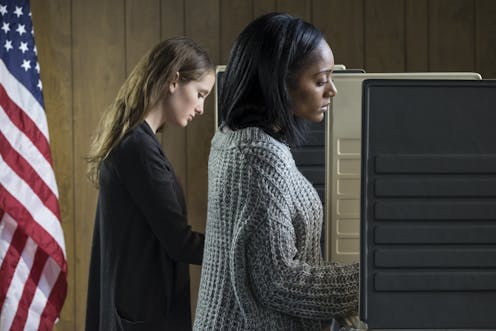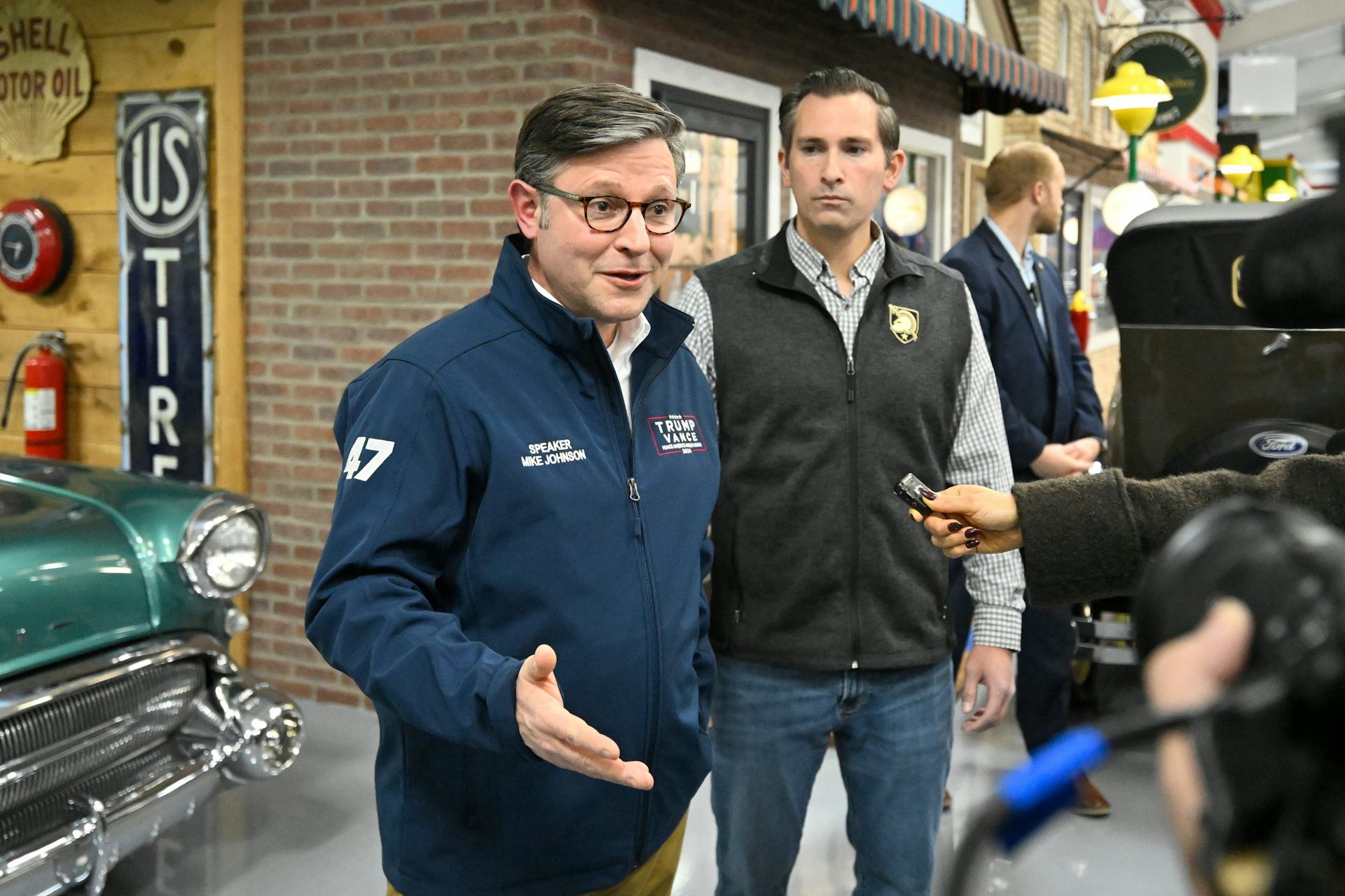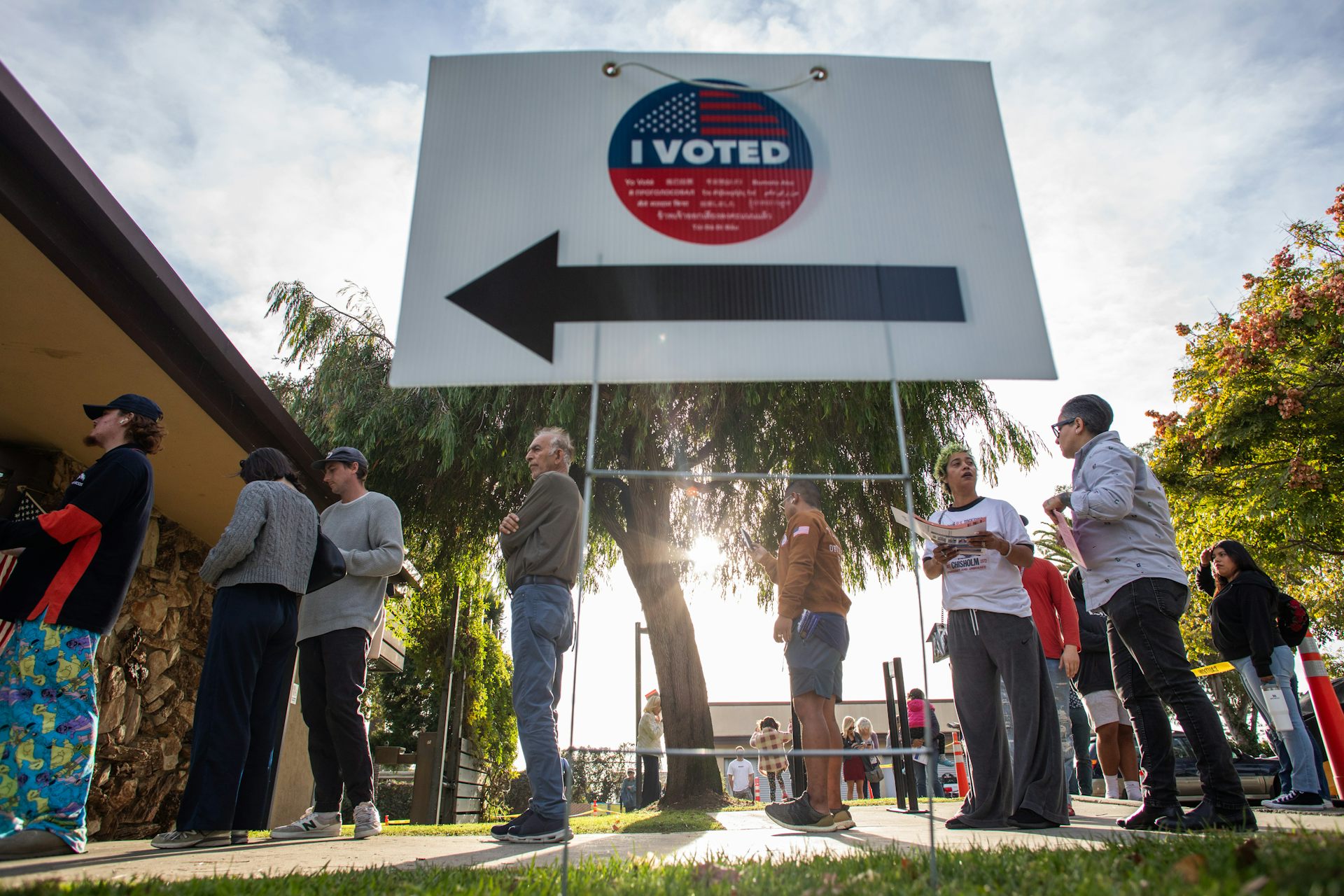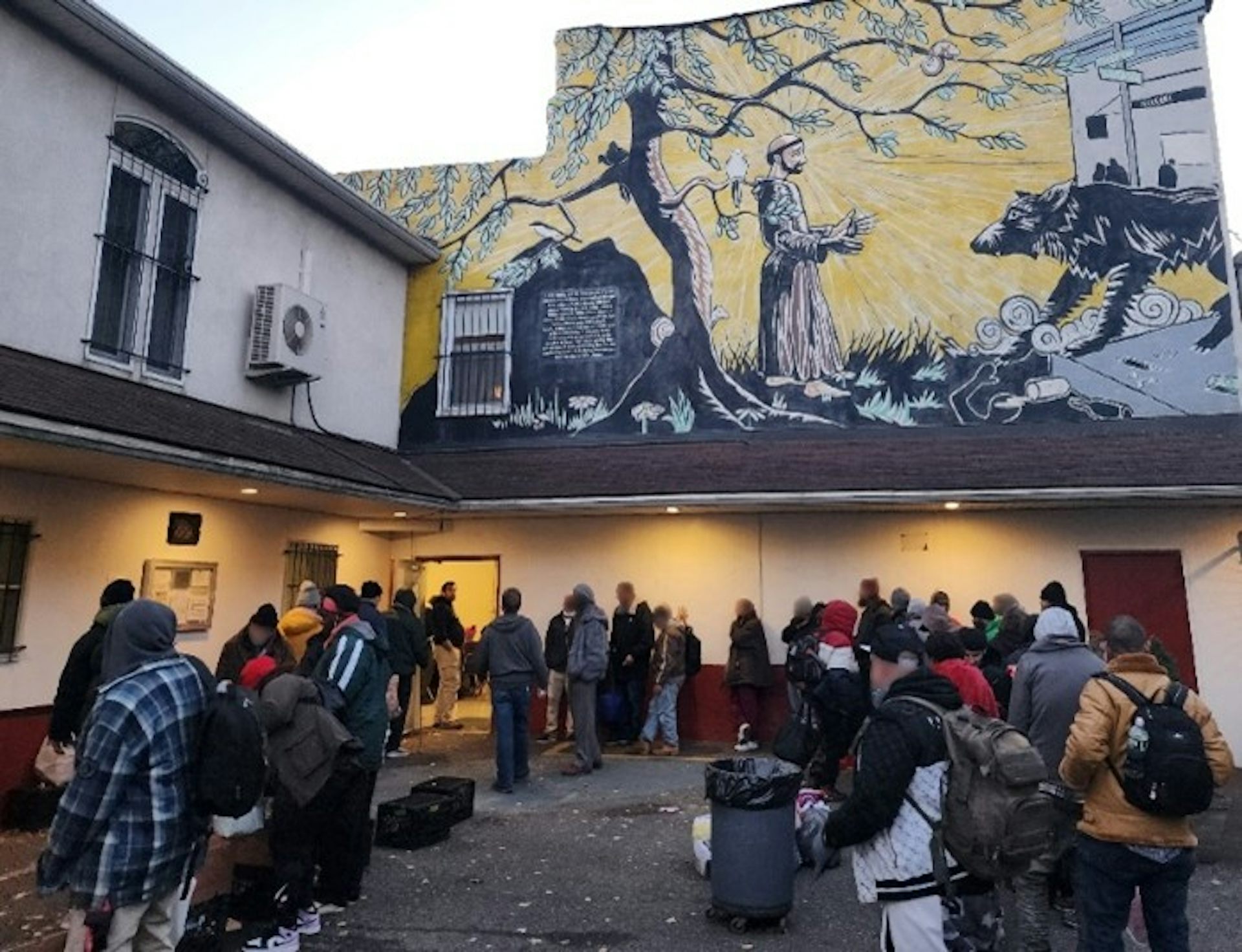Why don't STEM majors vote as much as others?
A new analysis shows STEM majors tend to vote less than others. But researchers say the relationship between a college major and voter turnout is not necessarily cause and effect.

There’s no shortage of talk about the need to get more students to go into STEM majors. But a growing body of research, including our own at the Institute for Democracy and Higher Education at Tufts University, indicates there might also be a need to get more STEM majors to go to the polls.
An analysis that we conducted shows that college students studying STEM disciplines — that is, science, technology, engineering and mathematics — were among the least likely to vote. The analysis was based on enrollment and voting records of nearly 2 million undergraduate students at four-year colleges. Voting is only one measure of civic engagement, but it is an important one, as evidenced in what’s at stake for the November 2018 midterm elections. U.S. higher education’s purpose has long been viewed as not only vocational training but preparation for citizenry. This includes voting and participation in government and policymaking. Voting also provides a tangible way to measure students’ belief that people and systems are interconnected and that they can play a part in shaping their communities. These are key goals that higher education tries to foster.
STEM students appear less interested in other forms of political and civic engagement, too. One study found that students who took more science and engineering courses were less likely to participate in politics by donating money to a campaign or attending a political meeting. Another found that engineering majors were less committed to social activism than their non-STEM peers. Initiatives have sprung up to remedy this through science curricula, teaching and new approaches to research.
It may well be the case that STEM education needs a “civic engagement makeover.” However, our study of undergraduate college student voting points to other reasons — perhaps in addition to the educational experience — that explain students’ low interest in civic affairs. As researchers who examine the impact of attending college on students, we believe that a combination of academic experiences and student characteristics shapes student civic behavior, including voting. For our study, we tried to focus on figuring out how much student characteristics, such as gender and age, account for voter turnout differences by major.
Unraveling the relationship between voting and undergraduate major is a tricky task. It may be that faculty in some academic fields of study tend to do a better job than others with embedding a civic perspective and emphasizing the importance of political participation, and this contributes to higher turnout among students in these majors. Or students’ voting behavior may be explained more by who they are when they arrive at college and less by their course of study.
Students who are already civic-minded may be drawn to civic-oriented majors such as education or political science. And women — known to vote at higher rates — may be drawn to particular fields such as education or health professions, perhaps due to cultural norms pushing them toward fields considered appropriate for women.
Which majors vote the most?
Using data from the National Study of Learning, Voting and Engagement, we found that — at least at the undergraduate level — education majors vote at the highest rate, followed by health professions, humanities, social sciences, STEM and business majors.
We also know that among the group of 2 million students we analyzed, STEM students tend to be younger and male while students in the health professions tend to be older and female. In our sample, 82 percent of health professions majors are women, and 60 percent of STEM students are men. The average ages of STEM and health professions majors are 22 and 25, respectively. Age and gender are correlated with voting, so what would college students’ voting rates be if we removed these factors from the equation?
Once we account for age and gender, education majors were still most likely to vote and business majors were still the least likely to vote. Social science and humanities students’ predicted voting rates remain largely unchanged from their actual turnout rates. But for STEM students, the predicted probability of voting after accounting for age and gender goes up 2 percentage points. For students in the health professions, the prediction goes down by over 3 percentage points.
What does this all mean? For one, it confirms the important role of student characteristics in explaining voting behavior, at least in part. In other words, one reason why voting rates in STEM fields are lower than other disciplines is because STEM majors include more men and younger students who are less likely to vote. It also means that when we talk about differences in civic and political engagement by college major, it is important to consider who is enrolled in those majors.
The role of race and ethnicity
In addition to age and gender, race and ethnicity help explain who votes within certain fields of study. Although STEM majors overall had lower turnout than humanities students by nearly 4 percentage points, the picture looks different for Asian women voters. Asian women in STEM majors actually voted at a higher rate than Asian women in humanities, 38.2 percent versus 33.0 percent. Business majors’ turnout was lower than social science majors by about 4 percentage points, but not when it came to black women. Black women business majors voted at a higher rate than black women social science majors, 54.6 percent versus 52.8 percent.
What’s the takeaway? Even though there are notable overall voting trends by major, it is important to look at factors beyond just the majors to understand the reasons why. Other factors, such as student age, gender, race and ethnicity can reveal surprises and provide a more nuanced understanding of the relationship between a student’s major and voting. This research can make the work that educators are already doing to improve civic health and the common good more precise and informed.
IDHE has received funding from the Foundation for Civic Leadership and the Rapaport Foundation.
Hyun Kyoung Ro does not work for, consult, own shares in or receive funding from any company or organization that would benefit from this article, and has disclosed no relevant affiliations beyond their academic appointment.
Read These Next
How Jesse Jackson set the stage for Bernie Sanders and today’s progressives
The coalitions that Jackson built during his presidential campaigns created enduring infrastructure…
Do special election results spell doom for Republicans in 2026?
Special election results have anticipated recent midterm outcomes. With Democrats now overperforming,…
Citizenship voting requirement in SAVE America Act has no basis in the Constitution – and ignores pr
The House has passed a bill to require proof of citizenship for voting. Although it likely won’t become…





